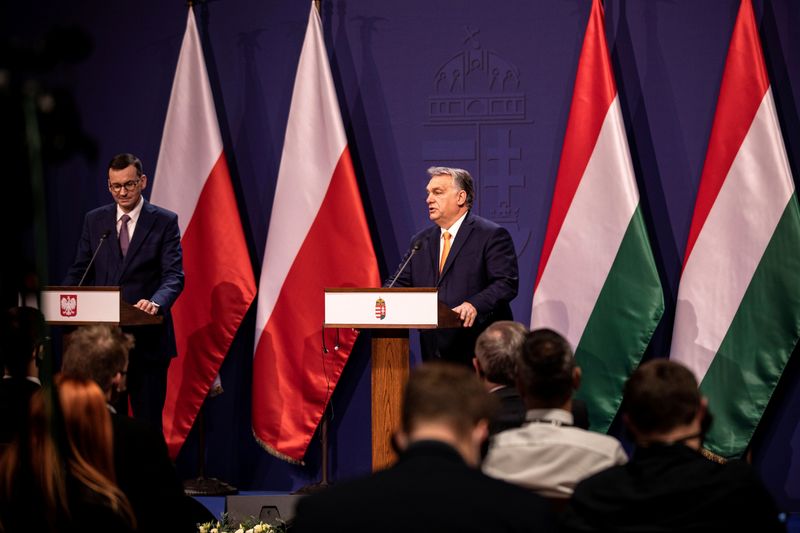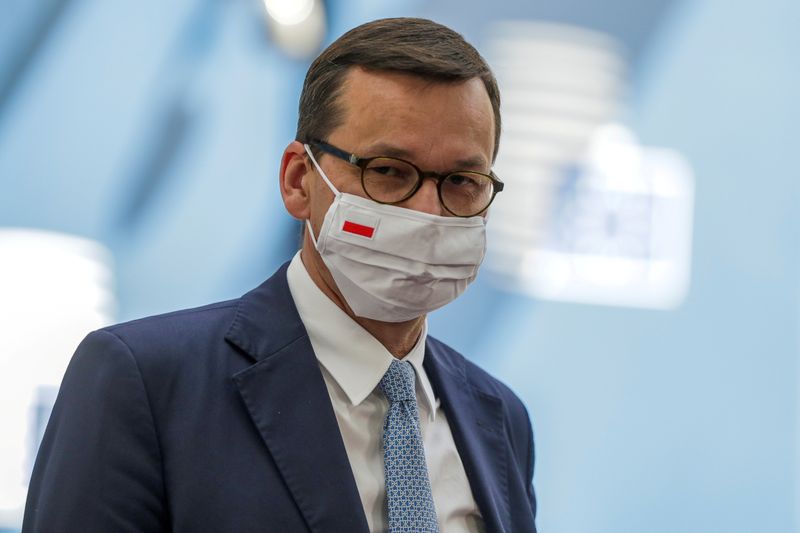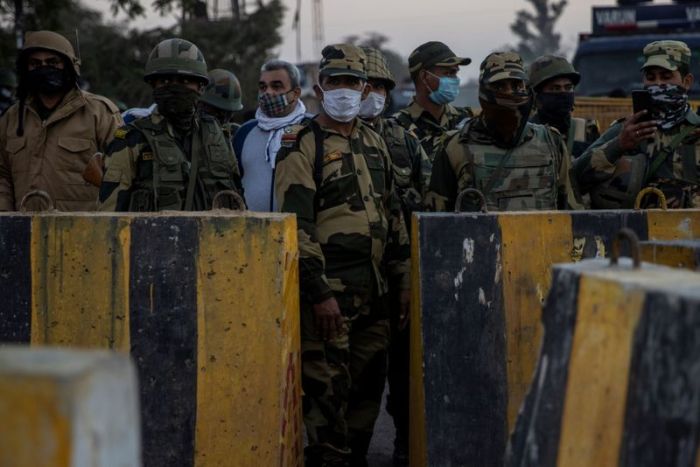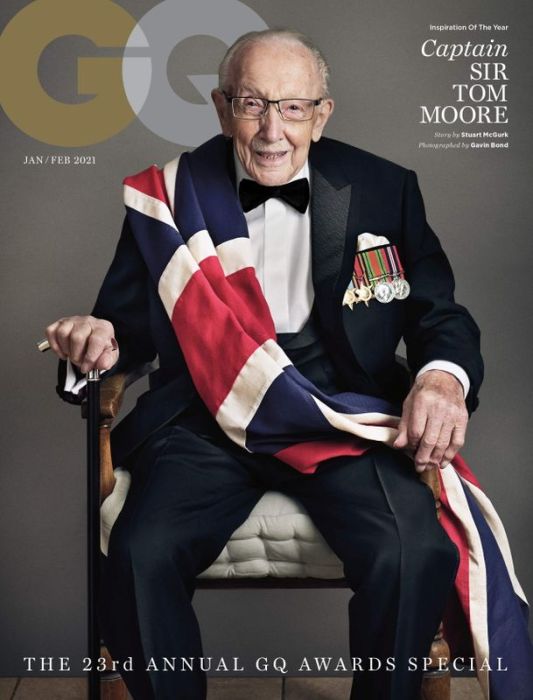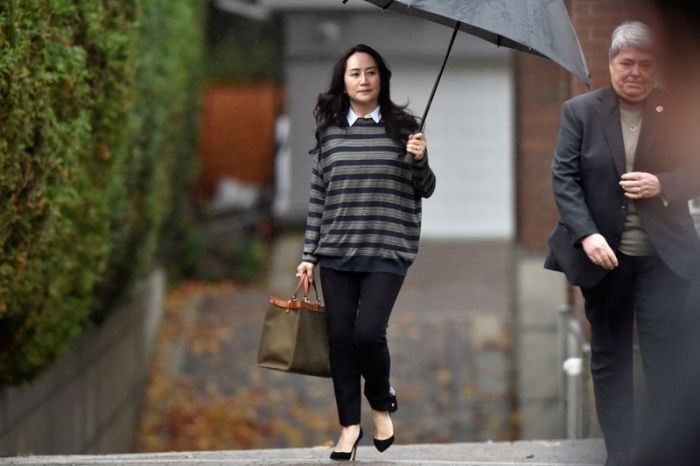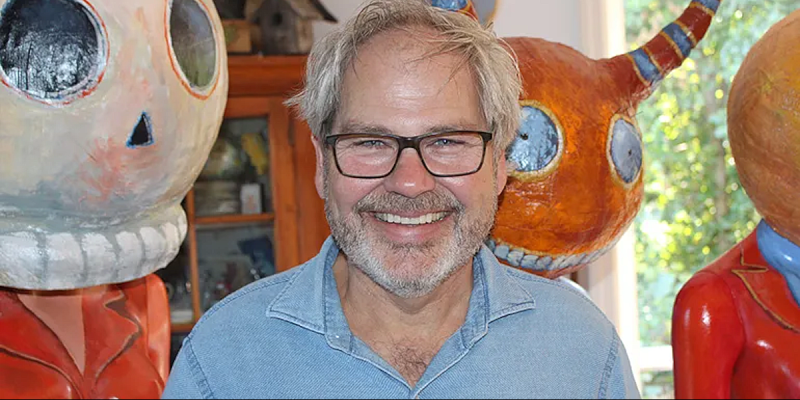WARSAW/BUDAPEST (Reuters) – Poland and Hungary reiterated on Friday that they will block a new European Union budget and coronavirus recovery fund if rule-of-law conditions are attached, raising the risk of a prolonged standoff with Brussels.
The two countries have said the EU cannot tie funds to the maintenance of democratic standards without changing its founding treaty, digging in their heels after vetoing the EU budget and recovery fund earlier this month.
They are blocking about 1.8 trillion euros ($2.15 trillion) worth of EU funds, including hundreds of billions due to be disbursed soon to help pull the 27-country bloc out of a double-dip recession caused by a second wave of COVID-19.
“I … reaffirmed our readiness to veto the new budget if we do not find a solution that is good for the EU as a whole, not just for some of its members,” Morawiecki wrote on his Facebook page after a video call with German Chancellor Angela Merkel.
Hungarian Prime Minister Viktor Orban said earlier that his country’s position on the veto was “rock-solid”, adding that he did not want to seek a compromise on the rule of law issue.
The European Union is currently investigating both nationalist governments for undermining the independence of their judiciaries and media. Brussels has sought to attach conditions to the disbursement of EU cash.
“Today I told the (German) chancellor that Poland expects further work to find a solution as soon as possible that would guarantee the rights of all Member States and respect treaty procedures,” Morawiecki wrote.
Polish government spokesman Piotr Muller told state-run news agency PAP on Friday Morawiecki had sent European Commission President Ursula von der Leyen a second letter concerning the attempt to link the funds to rule-of-law concerns.
European Commission spokesman Eric Mamer confirmed von der Leyen, the EU’s chief executive, had received the letter, and he said the position of the Commission has not changed.
“We believe that the conditionality mechanism that has been adopted corresponds to the agreement that was found by leaders in July during the European Council,” he said.
An EU diplomat said after a discussion about the budget among EU ambassadors in Brussels that the situation was “difficult” and that nobody had expressed support for the Polish and Hungarian position.
“There was no appetite among Ambassadors to change the conditionality mechanism,” the diplomat said.
Some ambassadors voiced concern that if the blockage is not lifted quickly, this would constitute a fundamental break in the way the EU works and other options would need to be explored, the diplomat added.
($1 = 0.8389 euros)
(Reporting by Alan Charlish and Pawel Florkiewicz in Warsaw, Krisztina Than in Budapest, Gabriela Baczynska, Jan Strupczewski and John Chalmers in Brussels; Editing by Gareth Jones and Catherine Evans)

